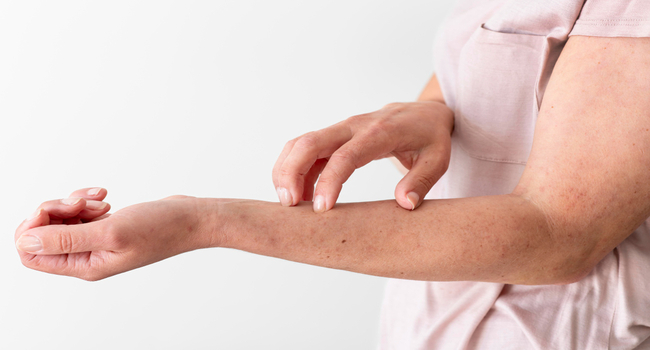
Systemic lupus erythematosus (SLE) is a disease where the immune system mistakenly attacks healthy tissues and organs, causing inflammation and damage. While there's no cure for SLE, research has discovered a potential treatment option called N-acetylcysteine (NAC).
Clinical Trial
A clinical trial was conducted on 80 SLE patients, who were divided into two groups. One group received NAC, while the other group received regular treatments. The trial was randomized and double-blind, which means that neither the patients nor the researchers knew which group each patient was in, to prevent bias.
The patients were evaluated before and after the trial using two scoring systems called the British Isles Lupus Assessment Group (BILAG) and the SLE Disease Activity Index (SLEDAI). These scoring systems measure the severity of SLE symptoms and organ involvement. Blood tests were also taken to evaluate the levels of inflammation and other markers in the body.
Results
After three months, the group that received NAC had a statistically significant decrease in their BILAG and SLEDAI scores compared to the control group. This means that NAC helped to improve their disease activity and reduce organ damage. Specifically, the NAC group showed significant improvements in their mucocutaneous, neurological, musculoskeletal, cardiorespiratory, renal, and vascular complications.
Additionally, the trial found that NAC helped to increase the level of CH50 in the blood. CH50 is a measure of the complement system, which is a group of proteins that help the immune system fight off infections. A low CH50 level is associated with an increased risk of infections, and the NAC group showed an improvement in this marker.
